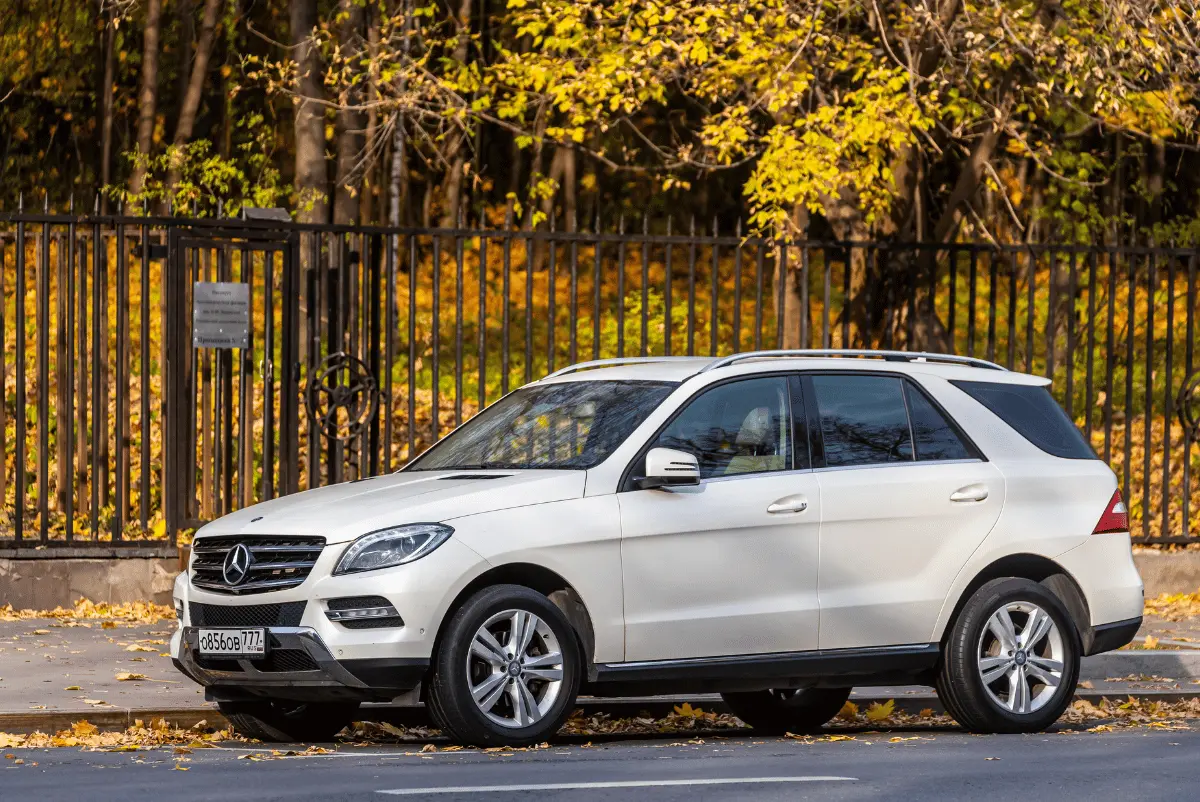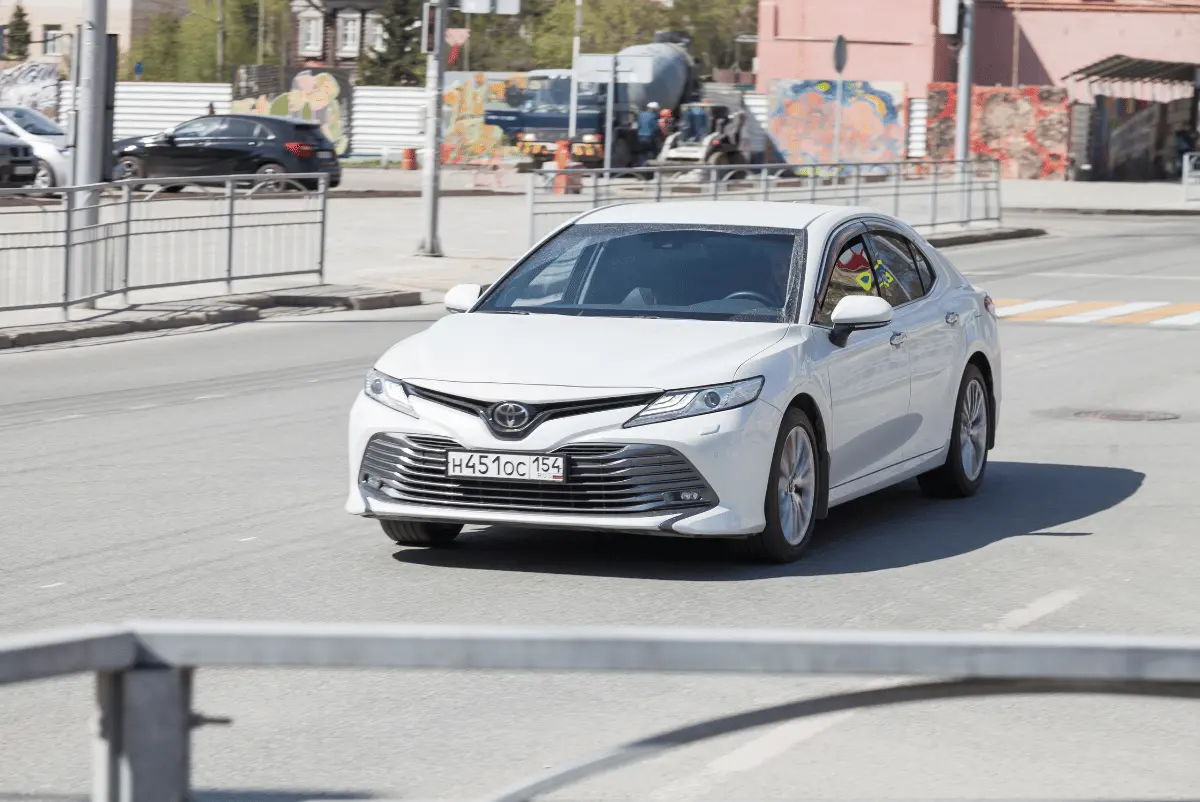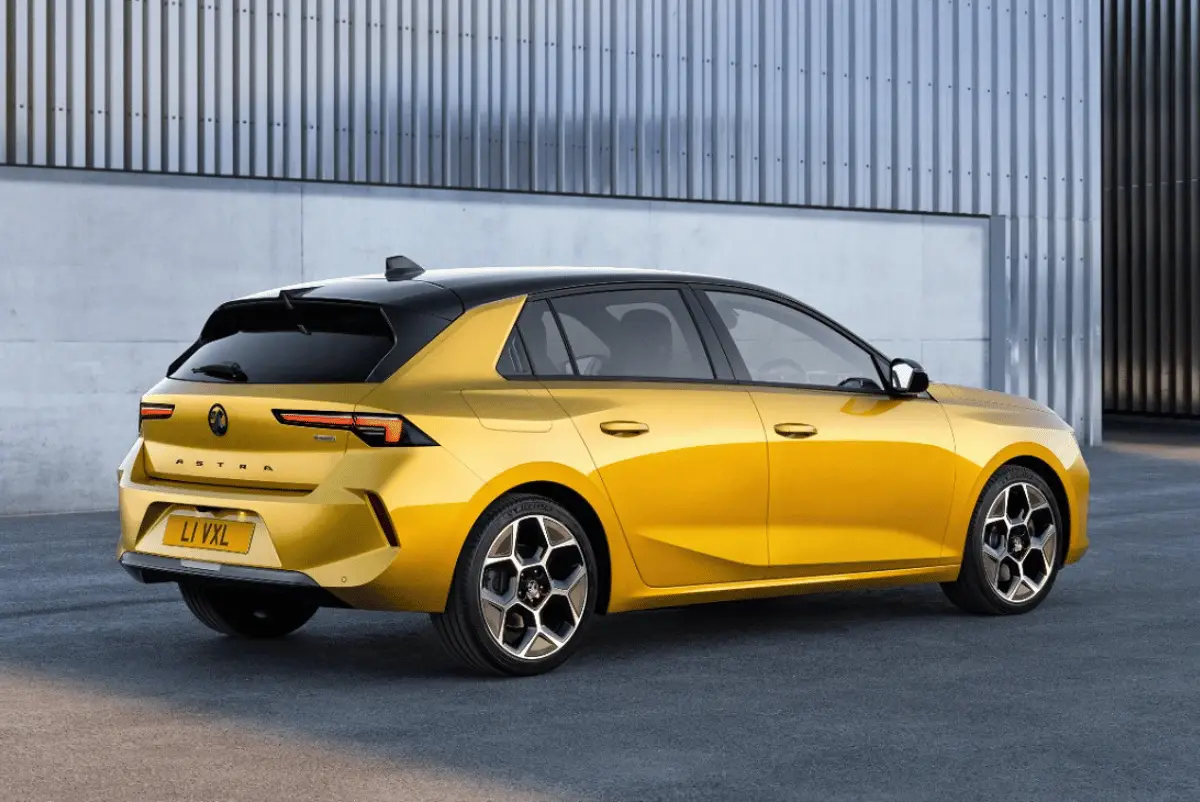Air pollution in big cities is a serious issue as it harms our health and the environment. Many cities are creating rules to limit pollution from cars and other vehicles.
For example, the Ultra-Low Emission Zone helps reduce harmful emissions by allowing only cleaner vehicles in certain areas.
The ULEZ impacts vehicle owners in or near its areas. If you own a vehicle, you need to check if it meets ULEZ’s low-emission standards.
The Certificate of Conformity (CoC) is important here. It’s a document that shows your vehicle complies with certain emission standards, and having a CoC helps you follow ULEZ rules.
In this post, we’ll discuss what a Certificate of Conformity (CoC) is, why it matters for ULEZ, and how to get one to ensure your vehicle can enter low-emission zones.
This will help you avoid fines and help make the air cleaner.
What is a Certificate of Conformity (CoC)?
A Certificate of Conformity is a document that proves a vehicle meets specific environmental and safety standards. The CoC provides detailed information about the vehicle, such as its emission levels, engine size, fuel type, and weight.
It’s important for vehicle owners, especially in areas with strict emission rules like ULEZ, because it shows their vehicle’s emissions are within the required limits.
It helps avoid fines when driving in these zones and is often needed to register a new or imported vehicle.
This certificate helps authorities check that the vehicle is suitable for road use and meets the strict emission standards designed to protect the environment and public health.
Why is the CoC Important for ULEZ Compliance?
The Certificate of Conformity (CoC) is important for ULEZ compliance because it shows that a vehicle meets the necessary emission standards.
Without a CoC, vehicle owners might have to pay large fines or be barred from entering ULEZ areas.
These fines are used to encourage vehicle owners to buy newer, cleaner vehicles or to obtain a certificate showing that their vehicle meets the standards.
The Certificate of Conformity (CoC) is more than just a piece of pape, it’s an essential document that helps vehicle owners meet ULEZ rules, avoid fines, and contribute to reducing emissions in cities.
If you have a valid CoC, you can improve air quality, follow local laws, and avoid the costs of not complying.
Who Needs to Apply for a CoC?
If you’re not sure if you need a Certificate of Conformity (CoC) for your vehicle, here’s a list of which types of vehicles usually need one to be driven or registered in ULEZ areas:
1. New and used vehicles
New and Used Vehicles: Both new and used vehicles need a Certificate of Conformity (CoC) to show they meet ULEZ standards.
New vehicles usually get the CoC from the manufacturer. Used vehicles, particularly older ones, may need a new assessment to get a CoC if they are going to be used in ULEZ areas.
2. Imported Vehicles
Vehicles imported from outside the European Union often need a Certificate of Conformity (CoC) to show they meet local emission standards.
If the original manufacturer doesn’t provide a CoC, the vehicle owner might have to complete specific tests to get one.
3. Personal and commercial vehicles
Both personal and commercial vehicles must adhere to ULEZ standards.
Given their extensive road usage and significant contribution to urban pollution, commercial vehicles, including vans, trucks, and buses, are subject to more rigorous assessments.
For compliance, these types of vehicles may need specialized Certificates of Conformity (CoC) that specifically address commercial vehicle standards.
4. Motorcycles and Scooters
Motorcycles and scooters also need to meet emission standards to enter ULEZ areas. Owners should make sure they have a Certificate of Conformity (CoC) that proves their vehicle complies with these standards.
How to Apply for a Certificate of Conformity
When you buy a new vehicle, it usually comes with a Certificate of Conformity (CoC) for free, often placed in the glove compartment.
If your car manufacturer can’t give you one, you can ask them for the contact information of an accredited registrar who can provide the certificate instead.
Here is a well-detailed guide on how to apply for CoC:
1. Visit the EuroCoC website
The easiest way to apply for a Certificate of Conformity (CoC) is through the EuroCOC website.
When you visit the site, just click on the “I need COC” button. This will take you to a menu where you can choose the type of vehicle you have.
The website covers three main vehicle categories:
- M1: Classic cars for passenger transport.
- N1: Vans weighing up to 3.5 tons.
- L: Motorcycles and scooters.
2. Select your vehicle brand
Once you select your vehicle type on the EuroCOC website, a list of brands offering the Certificate of Conformity (CoC) will appear.
Find your vehicle’s make, click on the ‘order‘ button next to it, and then fill out the request form.
This form is easy to use and should take less than five minutes to complete.
Please note that the amount to pay for the CoC varies depending on the type/maker of your vehicle.
Alternative Way To Apply for a Certificate of Conformity
If you prefer, you can also get your Certificate of Conformity (CoC) directly from your vehicle’s brand representative or dealer.
Keep in mind that this option might have different conditions, such as pricing, delivery times, and specific documentation requirements, which can vary between brands.
It’s important to check these details beforehand because not all dealers offer this service.
Here are the list of manufacturers and how to apply for the CoC:
1. Citroën

For Citroën and other Stellantis vehicles, owners need to fill out an online form to request a duplicate Certificate of Conformity (CoC).
This process involves providing vehicle details and making a payment of £195, which includes VAT.
2. Ford

Ford provides a free Certificate of Conformity (CoC) for passenger cars made after 1997.
If you’re interested, you should contact Ford directly with the vehicle’s 17-digit VIN, a copy of the V5C document (vehicle registration document), and a photo of the vehicle’s VIN plate.
For commercial vehicles, this free service is available for those produced after September 2011.
3. Hyundai

To get a Hyundai Certificate of Conformity (CoC), applicants need to fill out a form on the company’s official website, and provide details such as the car’s model and chassis number. The cost for this is £238, including VAT.
4. Mercedes-Benz

For Mercedes-Benz, Certificate of Conformity (CoC) requests are handled through their website, where you need to complete a form.
The certificate costs £144, including VAT, and is processed within 21 working days.
5. MINI

MINI provides CoCs free for UK-registered vehicles. For others, the cost is £100, VAT included, and applications are made via MINI’s UK website.
6. Nissan

For Nissan, you can apply for a Certificate of Conformity (CoC) on their website by providing details like the model and chassis number.
The cost is £265.50, VAT included.
7. Peugeot

Similar to Citroën, to obtain a Certificate of Conformity (CoC) for a Peugeot, you need to complete an online form and pay £195, VAT included.
8. Renault

Renault provides a free Certificate of Conformity (CoC) for UK-spec vehicles, usually within seven working days.
For vehicles not specified for the UK, there is a charge of £100/€125 (which may vary with exchange rates) and it can take up to six weeks.
Applicants need to provide extensive documentation on their website, including the V5C registration document, proof of ownership, a driving license, and a photo of the VIN plate.
9. Toyota

Toyota offers free Certificates of Conformity (CoCs) for vehicles purchased from official centers.
If the vehicle was not purchased through an official center, obtaining a CoC costs £75, which includes VAT, administrative costs, and postage.
10. Vauxhaul

To obtain a Certificate of Conformity for Vauxhall, you need to fill out a form on their website.
You will have to enter details about your car or van and make a payment of £195, which includes VAT.
11. Volvo

To get a Certificate of Conformity (CoC) for a Volvo, you can fill out an online form with the car’s model and chassis number.
The cost for this certificate is £185, including VAT.
12. Other car manufacturers
If your vehicle manufacturer isn’t mentioned above, it doesn’t mean they don’t offer a Certificate of Conformity (CoC).
It’s a good idea to contact them directly to ask. If they can’t provide a CoC, you can ask them for contact information of an accredited registrar who can issue the certificate instead.
Conclusion
Whether your vehicle is new, used, for personal or commercial use, or imported, you need a valid CoC to avoid fines and access ULEZ areas.
We’ve explained what a CoC is, why it’s important for ULEZ compliance, which vehicles require it, and how to get one.
Getting a CoC not only helps you avoid fines but also supports the larger goal of reducing urban air pollution and creating a healthier environment for everyone.
Make sure to check if your vehicle needs a Certificate of Conformity. Don’t wait until you’re facing fines or restrictions.
Act now to make sure your vehicle meets ULEZ standards. By doing this, you’re not just obeying the law, you’re also helping to make our cities cleaner and more livable for everyone.
